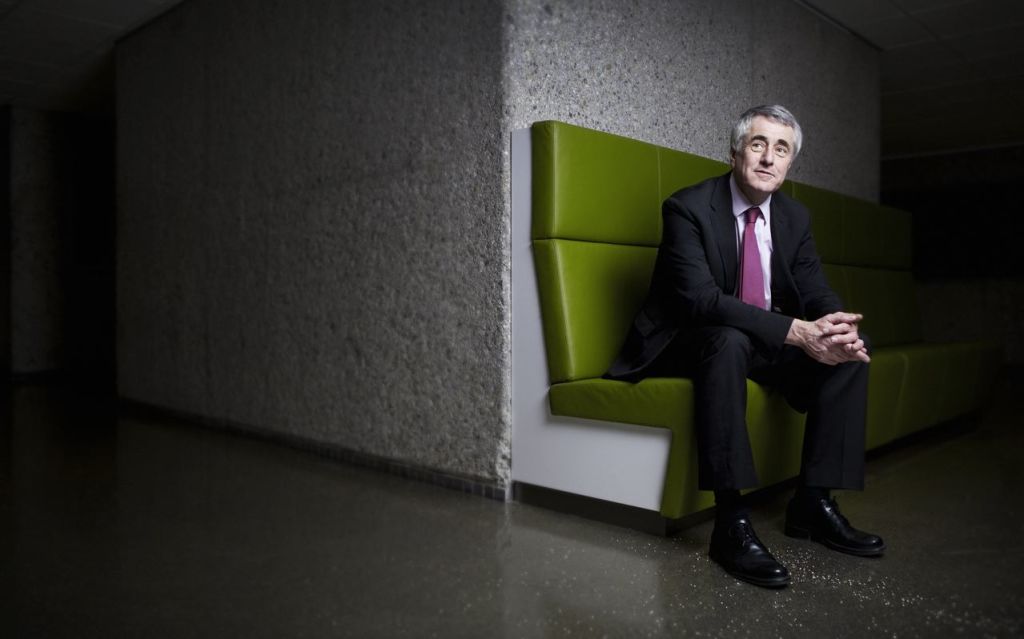
CPD Anniversary Lecture 2015
Climate Compatible Development: Pathway or Pipedream?
by
Simon Maxwell, CBE
Executive Chair, Climate and Development Knowledge Network (CDKN)
Former Director, Overseas Development Institute (ODI), London and
Chair, European Think-Tanks Group
Saturday 16 January 2016 at 10.00 am (BST)
Dhaka, Bangladesh
In 2007, Simon Maxwell was awarded Commander of the Order of the British Empire (CBE) by Her Majesty the Queen for his services to international development.
The adoption of the new Sustainable Development Goals (SDGs) and the Paris Agreement on climate change together pose a transformational challenge. This is so despite the fact that the concrete mitigation commitments made by countries in Paris amount to only about a quarter of those needed by 2030. In the longer-term, much more radical cuts will be needed, leading to complete elimination of CO2 by 2070, and of other greenhouse gases well before the end of the century.
Climate compatible development offers a framework for thinking about the pathway for dealing with changes on this scale, while simultaneously achieving the poverty reduction and other targets embedded in the SDGs. Climate compatible development emphasises not only mitigation and adaptation within countries, but also the impact on individual countries of transformation in the wider global economy. In this context, innovation becomes a key concept, and competitiveness – an essential tool.
Theoretical pathways to zero-zero are well-established, and appear particularly attractive when co-benefits like improved air quality or lower congestion are taken into account. However, the transition pathway is not friction-free. Three elements need to be assembled: policy leadership; policy design; and policy implementation.
Future work on climate and development must be informed by the lessons of past development research and policy making, and must build on the values held by those working in the field.


